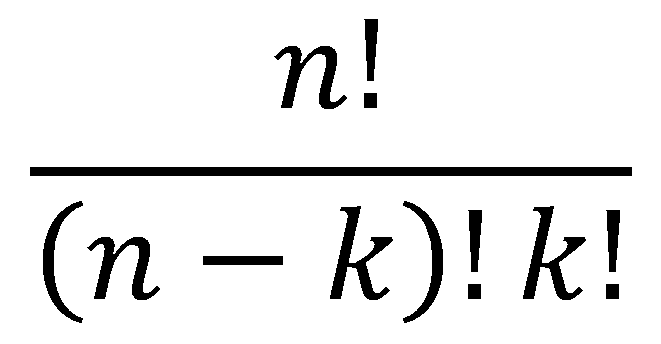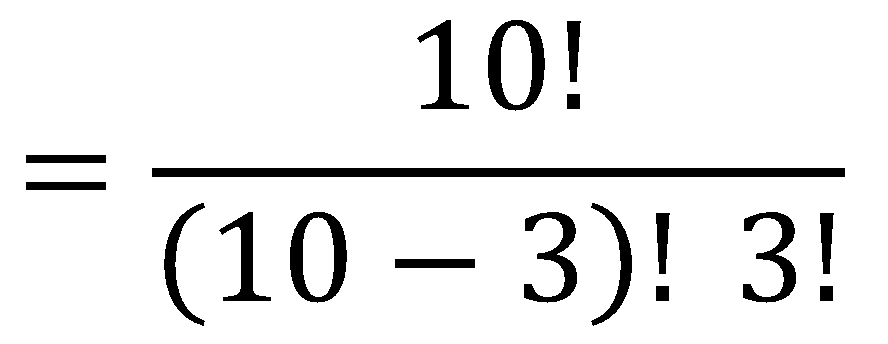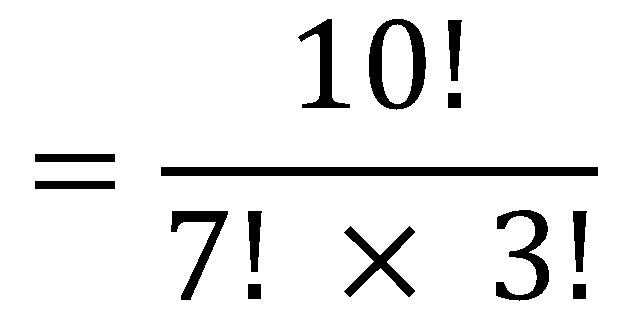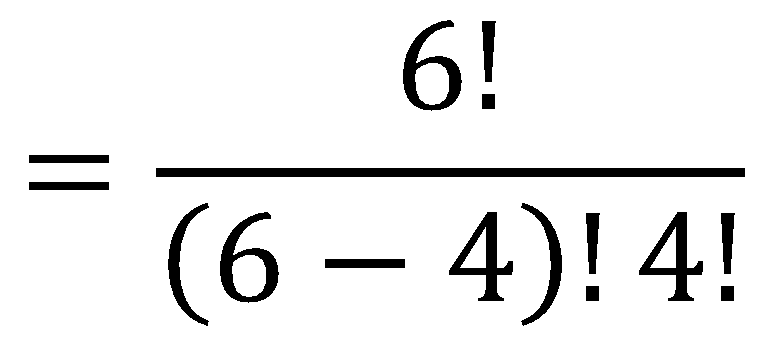With combinations, things are pretty much relaxed.
Let’s go back to the example about a competition with eight contestants. When dealing with combinations it doesn’t matter who gets what prize. As a matter of fact, the prizes themselves do not even matter. We just want to give out 3 prizes to three people out of eight.
Combinations will thus tell us the number of different ways that the 3 prizes can be distributed randomly among the 8 contestants.
First, Let’s say we give the 3 prizes to three people Irene, Jason and Bob in no particular order. There will be 3 options for the first person 2 options for the second and only 1 option for the last. This means that we’ll have 3.2.1= 6 ways in which the prizes may be given to the 3 people.
But what happens if we have 8 people and we want to give prizes to only three of them? How many different ways can the 3 prizes be distributed among the 8 people if each prize goes to only one person.
- We’ll find the total number of options available (i.e. permutations=336)
- and then eliminate redundancies by divided by the number of ways that 3 prizes can be distributed among 3 people [i.e. 6 ways (3!) ].
- Hence there are 336/6 = 56 ways in which 3 prizes can be randomly distributed among 8 people.
For combinations, we generally find all possible permutations and then remove redundancies by dividing with a factorial.
Therefore, the combination formula is derived from finding all possible ways of selecting k items from a set of n items and then dividing the result by k factorial (k!)
When put into perspective we see that:

Since:

Then:

The formula:

Can also be written as:
![]()
![]() is a binomial coefficient. It can be interpreted as 'n choose k' as in ‘8’ choose ‘3’ OR 'n C k' as in '8 C 3'
is a binomial coefficient. It can be interpreted as 'n choose k' as in ‘8’ choose ‘3’ OR 'n C k' as in '8 C 3'
Note that there are different ways of expressing combinations:

Find the value of 10C3

10C3


= 120
Calculate the different number of ways can 11 players be chosen from a batch of 15 people
n= 15
k= 11

15C11
![]()
![]()
= 1365
How many ways can 4 fruits be picked from 6 trees if not more than one fruit can be picked from the same tree?
n= 6
k= 4

= 6C4

![]()
= 15
